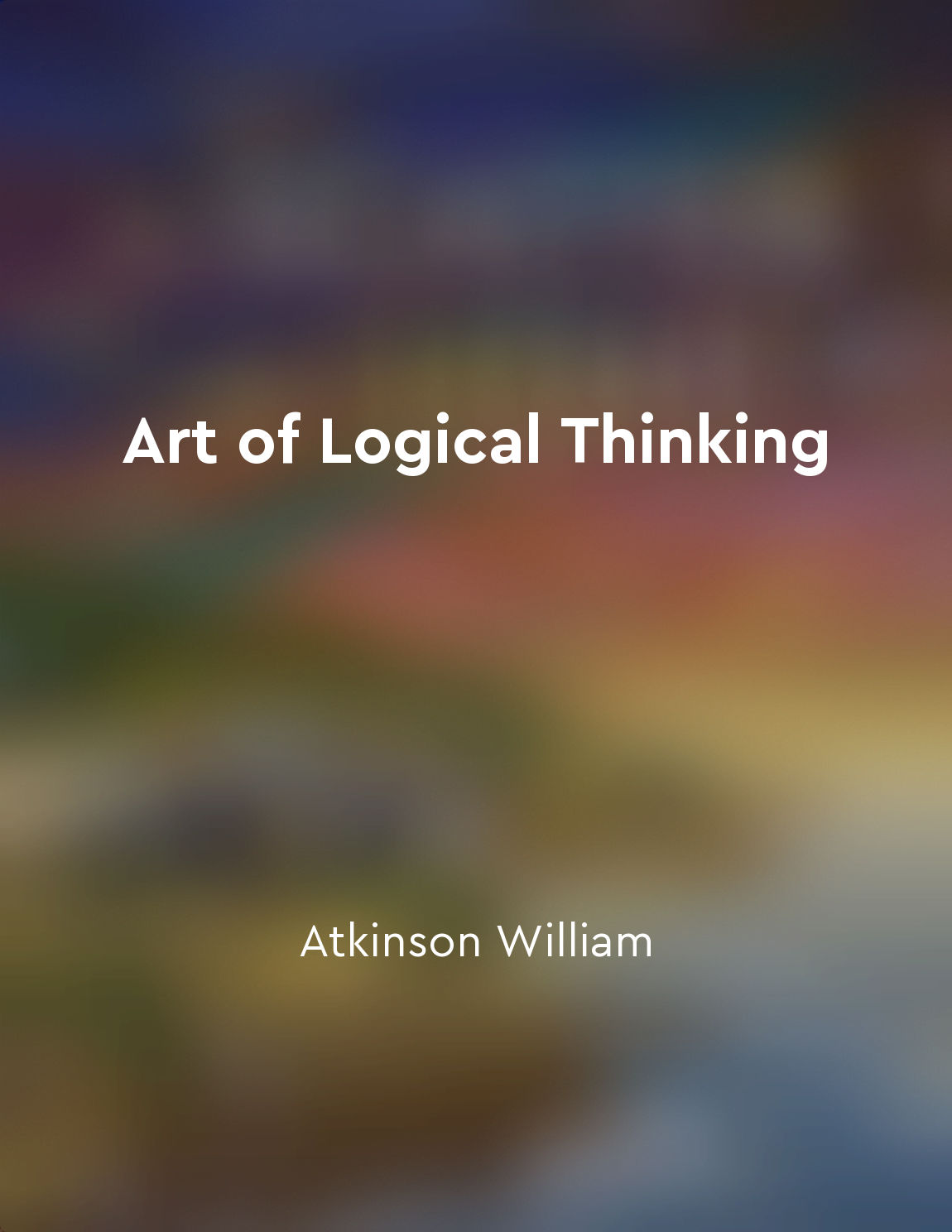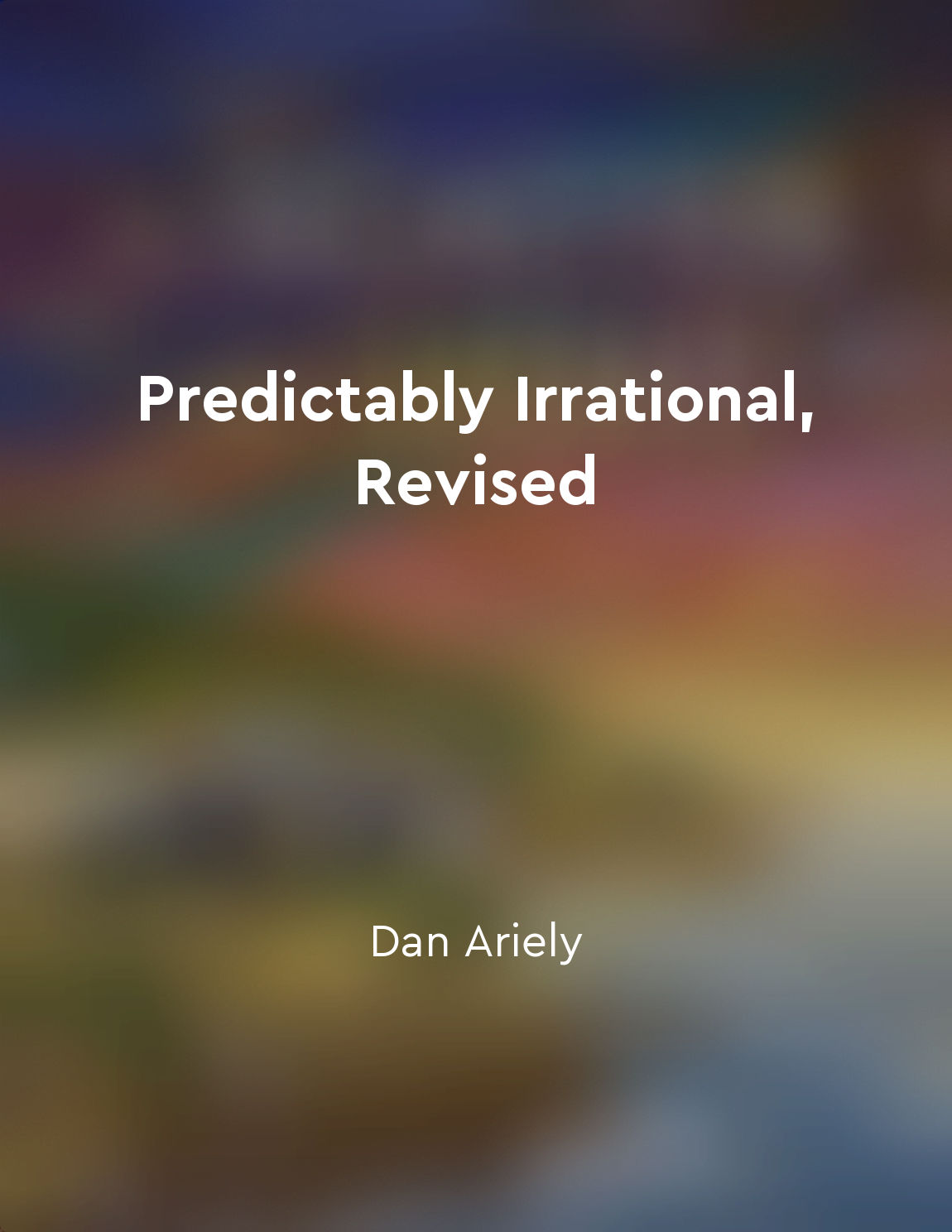Recognize the impact of cognitive biases on decisionmaking from "summary" of The Art of Clear Thinking by Patrick King
Understanding how cognitive biases can affect our decision-making processes is crucial in order to make clear and rational choices. These biases are mental shortcuts that our brains rely on to make quick decisions, but they can often lead us astray. They are systematic patterns of deviation from norm or rationality in judgment, whereby inferences about other people and situations may be drawn in an illogical fashion. One common cognitive bias is confirmation bias, which is the tendency to search for, interpret, favor, and recall information in a way that confirms one's preexisting beliefs or hypotheses. This can prevent us from considering alternative viewpoints and lead us to make decisions based on incomplete or biased information. Another bias is anchoring, where we rely too heavily on the...Similar Posts
Embrace uncertainty
When we encounter uncertainty, our natural reaction is often to resist it. We prefer the comfort of what is familiar and predic...
Globalization has increased the interconnectedness of economies around the world
One of the most significant changes in the world of economics in recent decades is the phenomenon known as globalization. This ...
Mental accounting leads to irrational investment decisions
When individuals engage in mental accounting, they compartmentalize their money into different categories based on various crit...

Consistency in reasoning builds credibility
Consistency in reasoning is a fundamental principle that underlies the art of logical thinking. When we are consistent in our r...
The brain can rewire itself in response to new experiences
One of the most remarkable features of the brain is its ability to adapt and change in response to new experiences. This phenom...

Our decisions are influenced by relativity
The concept of how our decisions are influenced by relativity is a fascinating one. It suggests that our judgments are not made...
Externalities create market failures
Externalities are a common feature of economic transactions. When two parties engage in a transaction, the effects of that tran...
People tend to overvalue what they already have
When people have something in their possession, they tend to place a higher value on it than they would if they didn't own it. ...

Consistency in saving and investing is key
The most crucial ingredient in building wealth is not your investment returns or the specific assets you buy. It's not the skil...
Overcoming objections is important in persuasion
In order to be successful in persuading others, one must be able to effectively address and overcome objections that may arise ...
